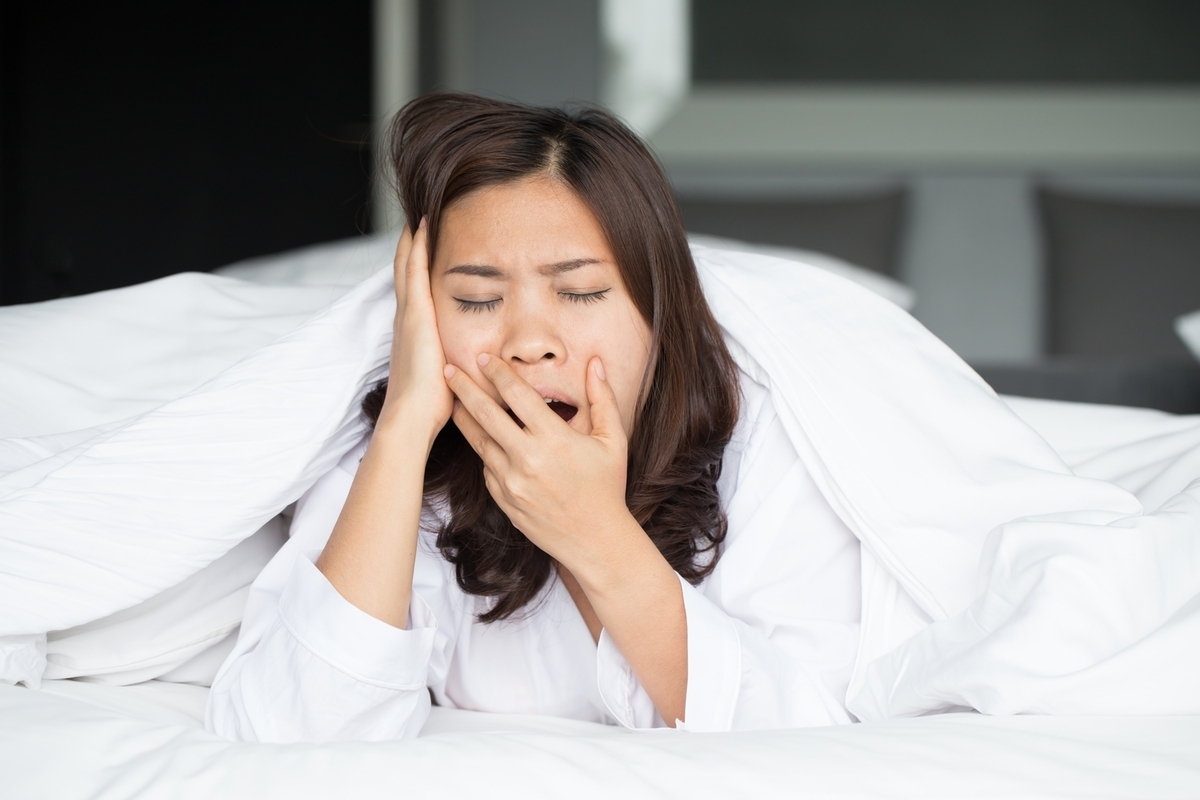Excessive Daytime Sleepiness Understanding the Causes and Finding Solutions
Excessive daytime sleepiness (EDS) affects millions of individuals worldwide, diminishing their quality of life and productivity. Characterized by an overwhelming sense of tiredness and inability to stay awake and alert during the day, even after adequate nighttime sleep, EDS can be a symptom of underlying health conditions and lifestyle factors. This article will delve into the primary causes of excessive daytime sleepiness, providing a comprehensive understanding that can help improve awareness and management of this prevalent issue.
Understanding Excessive Daytime Sleepiness
EDS is not a condition in itself but a symptom that could indicate various underlying issues. It is essential to identify the root cause to effectively manage and treat EDS.

Medical Conditions Contributing to Excessive Daytime Sleepiness
Sleep Disorders
1. Obstructive Sleep Apnea (OSA): One of the most common causes of EDS, OSA occurs when the throat muscles intermittently relax and block the airway during sleep, leading to repeated awakenings. These interruptions prevent restorative sleep, resulting in significant daytime sleepiness.
2. Narcolepsy: This neurological disorder disrupts the brain’s control over sleep-wake cycles, causing sudden bouts of sleepiness, often accompanied by sudden loss of muscle tone (cataplexy).
3. Restless Legs Syndrome (RLS) and Periodic Limb Movement Disorder (PLMD):
Mental Health Disorders
1. Depression and Anxiety: Mental health disorders can significantly impact sleep quality. Depression often involves hypersomnia (excessive sleep), while anxiety can lead to insomnia or fragmented sleep, both resulting in daytime drowsiness.
2. Bipolar Disorder: During depressive episodes, individuals with bipolar disorder may experience significant sleep disturbances, contributing to EDS.
Chronic Medical Conditions
1. Chronic Fatigue Syndrome (CFS): Characterized by extreme fatigue that does not improve with rest, CFS often includes sleep disturbances, leading to persistent EDS.
2. Hypothyroidism: An underactive thyroid can slow down metabolism, leading to lethargy and sleepiness during the day.
3. Diabetes and Insulin Resistance: Fluctuations in blood glucose levels can cause fatigue and disrupted sleep patterns, contributing to EDS.
Lifestyle Factors That Can Cause Excessive Daytime Sleepiness
Poor Sleep Hygiene
1. Irregular Sleep Schedule: Inconsistent sleep patterns can disrupt the body’s internal clock (circadian rhythm), leading to poor sleep quality and daytime sleepiness.
2. Environment: Factors such as noise, light, and an uncomfortable sleeping environment can impede restful sleep.
3. Screen Time: Exposure to screens emitting blue light before bedtime can interfere with the production of melatonin, the hormone responsible for sleep regulation.
Substance Use
1. Caffeine and Alcohol Consumption: Excessive intake of caffeine can lead to insomnia, while alcohol might initially induce sleep but can cause restlessness later in the night, both leading to EDS.
2. Smoking: Nicotine is a stimulant, and smoking, especially close to bedtime, can affect sleep onset and quality.
Overcoming Excessive Daytime Sleepiness
Addressing EDS involves a combination of lifestyle adjustments and medical interventions. Here are some strategies to consider:
Improving Sleep Hygiene
1. Regular Sleep Schedule: Maintaining a consistent bedtime and wake-up time, even on weekends, helps regulate the sleep-wake cycle.
2. Optimal Sleep Environment: Ensuring the sleep environment is dark, quiet, and cool can promote better sleep quality.
3. Limiting Screen Time: Reducing screen exposure before bed helps facilitate the natural sleep process.
4. Mindful Consumption: Avoiding caffeine and alcohol close to bedtime can improve sleep onset and quality.
Medical Treatments
1. Continuous Positive Airway Pressure (CPAP): For those with OSA, CPAP therapy, which keeps the airway open during sleep, can significantly improve sleep quality and reduce EDS.
2. Medications: While it’s crucial to use medications as a last resort, certain prescribed treatments for conditions such as narcolepsy or severe anxiety and depression may be necessary.
3. Therapy and Counseling: Behavioral therapies such as Cognitive Behavioral Therapy for Insomnia (CBT-I) can be effective in managing sleep disorders related to mental health issues.
Excessive daytime sleepiness is a complex issue that can stem from various medical conditions and lifestyle factors. Understanding these causes is vital for seeking appropriate treatments and implementing effective lifestyle changes. By improving sleep hygiene, addressing underlying health conditions, and consulting healthcare professionals when necessary, individuals can significantly reduce the impact of EDS and enhance their overall quality of life.
A proactive approach towards managing excessive daytime sleepiness can lead to better health, improved productivity, and a greater sense of well-being. If you or someone you know is struggling with persistent daytime sleepiness, seeking professional advice is the first step towards a more energetic and fulfilling life.

